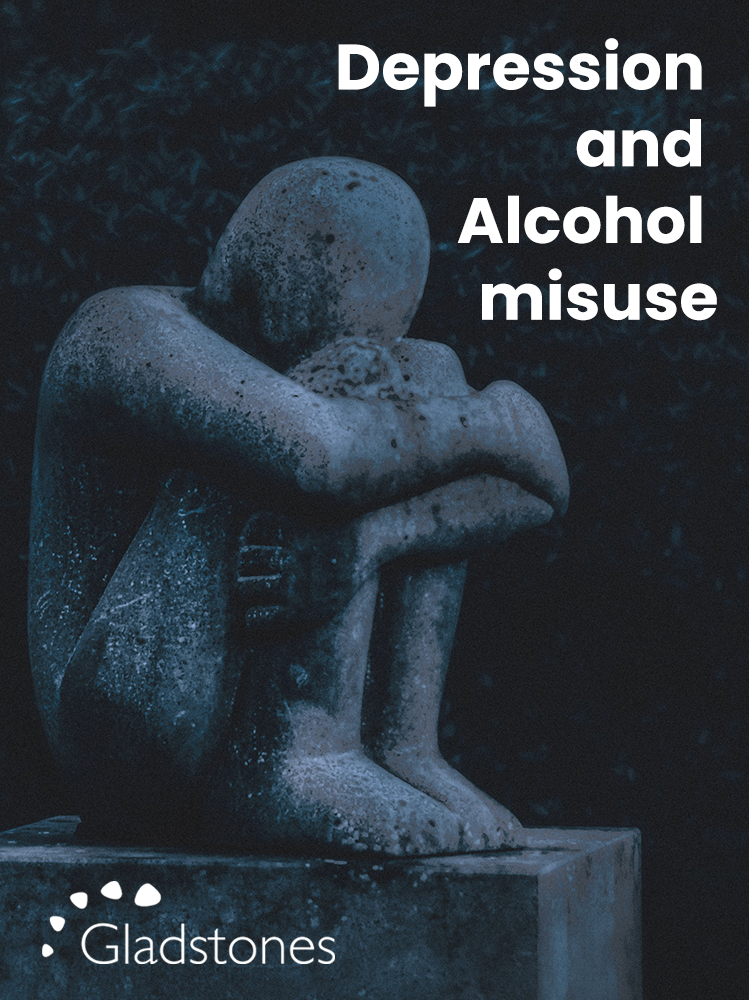We know that there is a connection – self-harm and suicide are much more common in people with alcohol problems.
Depression and Alcohol Misuse – The Connection. An Article by The Royal College of Psychiatry
The Royal College of Psychiatry suggests that it can work in two ways:
- You regularly drink too much (including ‘binge drinking’) which makes you feel depressed OR
- you drink to relieve anxiety or depression.
Either way:
- Alcohol affects the chemistry of the brain, increasing the risk of depression.
- Hangovers can create a cycle of waking up feeling ill, anxious, jittery and guilty.
- Life gets more difficult – arguments with family or friends, trouble at work, memory and sexual problems.
In one study 40% of alcohol dependent males had significant depressive symptoms on entering treatment. This reduced to 5% after 4 weeks of abstinence. A larger number became depressed because of their drinking rather than the other way round.
Most drinkers with depression will start to feel better within a few weeks of cutting out alcohol. So, it is usually best to tackle the alcohol first, and then deal with the depression afterwards if it has not lifted after a few weeks.
After a few alcohol-free weeks, you will probably feel fitter and brighter in your mood. Friends and family may find you easier to get on with. If your feelings of depression do lift, it’s likely that they were caused by the drinking.
If the depression is still with you after four weeks of not drinking, talk to your GP about further help. It may be useful to talk over your feelings, particularly if your depression seems linked to some crisis in your life. Common issues are relationship problems, unemployment, divorce, bereavement or some other loss. Counselling may be helpful.
It can be quite natural to feel low, sad or even depressed. We live in a fast-paced world full of pressure and anxiety. Most people have experienced anxiety or stress to some extent in their lives. Normally these feelings pass, and for many these emotions are not a permanent feature of their everyday experiences.
If you, or someone you know is struggling with poor mental health and who are self-medicating this with alcohol or other substances it’s important to know that you are not on your own and you can get help.
If you need to speak to someone right now for a confidential chat call us Freephone on 0808 258 2350 or email – help@gladstonesclinic.com






